79% APAC Organisations Transform Long Term Marketing Strategy: Adobe Survey
By MYBRANDBOOK

As the current environment continues to significantly impact consumers’ buying habits and their interactions with brands, a vast majority of organisations in APAC are transforming their long-term strategy (79%), and changing their approach to future marketing efforts (82%), according to a research released today by Adobe.
Sunder Madakshira, Head of Marketing, Adobe India said, “This year has brought about a broad shift in consumer behaviour and attitudes. In line with this, marketers are modifying their customer experience strategies to address different groups with relevant messages, more so than ever before. It is clear from the results of this study that brands that are agile in pivoting to a digital modus operandi and have responsive campaigns that deliver authentic, meaningful and responsible communication stand to succeed in the long run.”
Evolving marketing communications & consumer expectations
As consumer tastes and preferences undergo a change, almost three quarters (71%) of APAC organisations have put in place a COVID-19 task force to manage messaging and campaigns. Australia (55%) and Singapore (67%) are less likely to have a task force, while those in China (81%) and India (80%) are more likely. In contrast, less than half of the marketers in Japan and the US report having specific teams for that. The positive outcome of aligning closely with a COVID-19 task force is that the vast majority of marketers in APAC feel that organizational marketing/ communications have been both authentic (94%) and have resonated with customers (92%).
In response to the social distancing mindset, more than half of the respondents (56%) have shifted imagery or language in their recent marketing campaigns. Those in Australia (39%) were less likely to have shifted messaging, with those in China (67%) & India (65%) being more likely. The most commonly shifted elements are visuals of people touching (71%) and language that describes close interactions (67%).
Given the situation, there seems to be a general sense that brands have a duty to proactively offer help or provide special offers to customers at this time. This sense of duty among marketers is strongest in China (94%) and India (94%), and weakest in Australia (82%). In the US, close to four fifths (78%) of marketers surveyed say brands have this duty.
At the recently held Adobe Experience Makers Live,a virtual event to help brands adapt to the digital world, Prasad Pimple, VP - Ecommerce & Digital Marketing, HDFC Life said “While digital modes of communication and processes have demonstrated a higher level of customer care, experience and ease of interaction - it is important to display genuine empathy to consumers - striking an emotional connect and growing with them.”
“As a first response to the lockdown, we created a series of contextual communication to engage the consumers around the situation and show them that the brand approach is towards consumers.” he added.
Investing in the new normal
While nearly two-thirds (62%) of the marketers believed that their organisation will proactively advertise within a week of stay-at-home orders ending, India (73%) and China (65%) were expected to be significantly quicker to bounce back to normal brand messaging.
Similarly, while more than half (59%) of the respondents believe that their organisations will return to pre-COVID levels of investment in marketing with a quarter or sooner, China (65%) and India (75%) will be significantly quicker in returning to normal investment than those in other countries. In fact, marketers in APAC organizations indicated a greater inclination to make long-term changes compared to their counterparts in the US. Changes include shifting to different marketing channels (75%), changing prioritized audiences (58%) and reallocating resources across different regions (47%).
Home- the new workplace
With self-imposed social distancing norms and lockdown restrictions in effect around the world, work-from-home has become an everyday reality for workers across the region. Almost 7-in-10 marketers (69%) are currently working from home across India, Australia, China and Singapore as compared to nearly half of them working from home on a weekly basis or more often (17% always, 32% 1-2 days per week) prior to COVID-19.
Marketers surveyed felt the need to have faster internet speeds at home (62%), access to specific servers or documents situated in their office (61%), and reduced distractions (59%) as some of the main requirements to operate effectively from home. The biggest adjustments as called by most so far, have been finding a quiet/comfortable place to work at home (34%) and working effectively with home technology (27%).
The most valued benefit of working from home is having more family time per marketers surveyed (58% find it important). Timely, mindful engagement with the team (47%) and communication from organisational leadership (46%) are other key aspects considered as benefits by employees. When it comes to long term vision, about three quarters (71%) think their organisation will allow work from home once restrictions are lifted and that more people in their organisation will work from home long-term (77%).
Conducted by Advanis, a research firm, for Adobe, the study surveyed 1,200 marketers across China, India, Singapore and Australia who are directly involved in their brand’s marketing activities, and have an analyst role or higher within their organisation between 1 – 17 June 2020. You may download the full reports on the Adobe website – Marketer Report.


Nazara and ONDC set to transform in-game monetization with ‘
Nazara Technologies has teamed up with the Open Network for Digital Comme...

Jio Platforms and NICSI to offer cloud services to government
In a collaborative initiative, the National Informatics Centre Services In...

BSNL awards ₹5,000 Cr Project to RVNL-Led Consortium
A syndicate led by Rail Vikas Nigam Limited (abbreviated as RVNL), along wi...

Pinterest tracks users without consent, alleges complaint
A recent complaint alleges that Pinterest, the popular image-sharing platf...

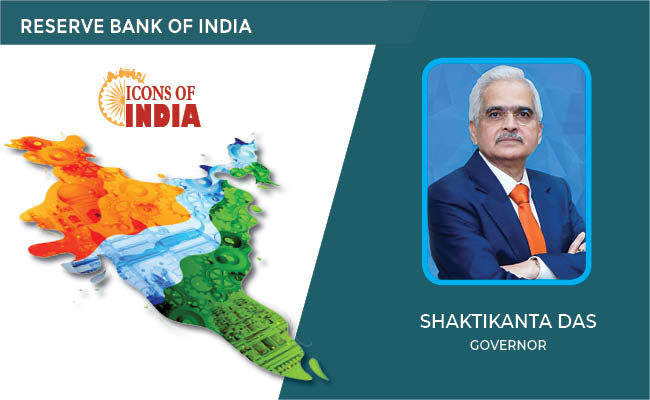
SHAKTIKANTA DAS
Shaktikanta Das is serving as the current & 25th governor of the Reser...

Icons Of India : AMIT CHADHA
Amit Chadha serves as the CEO and Managing Director of L&T Technology ...
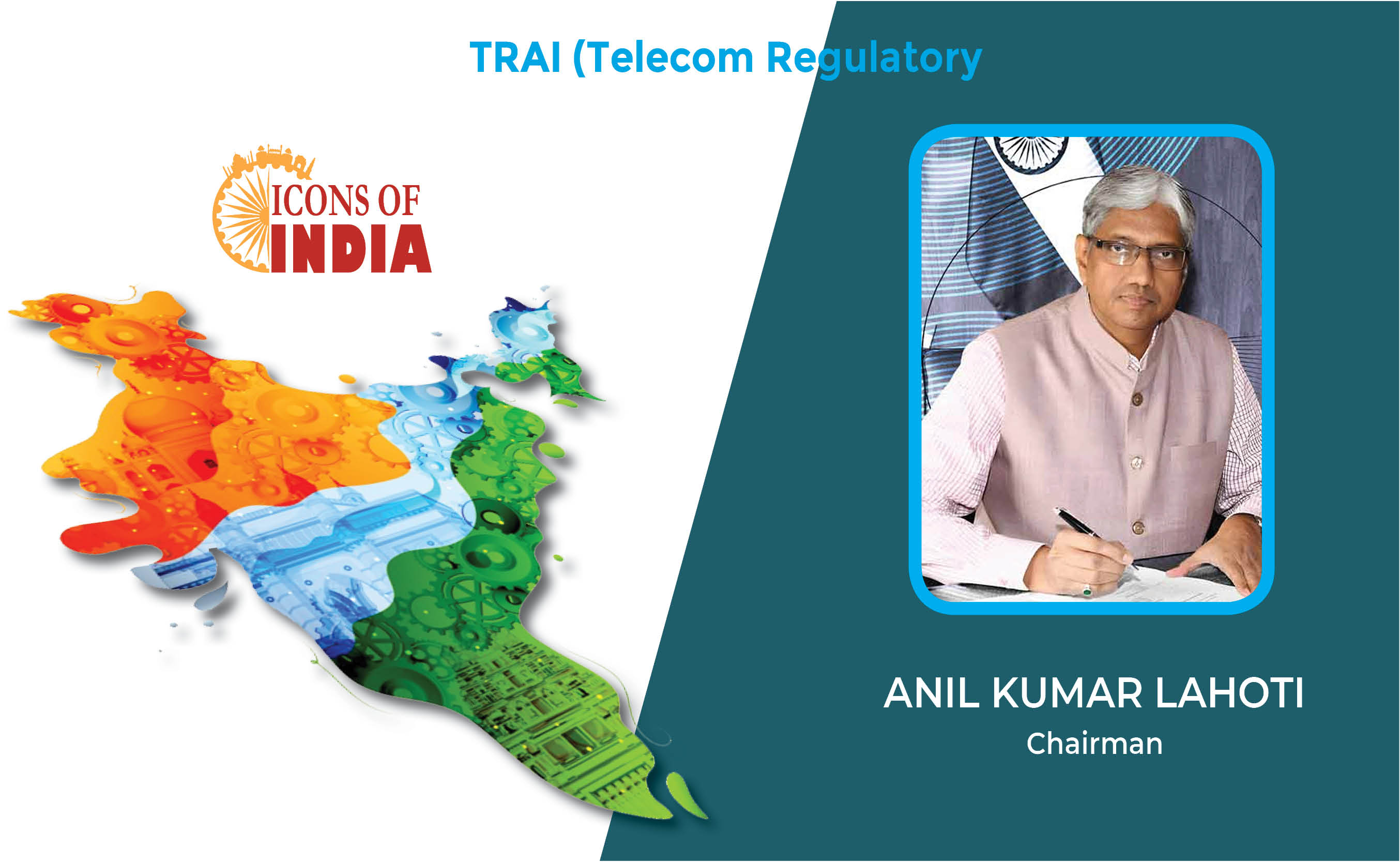
Icons Of India : Anil Kumar Lahoti
Anil Kumar Lahoti, Chairman, Telecom Regulatory Authority of India (TR...


ITI - ITI Limited
ITI Limited is a leading provider of telecommunications equipment, sol...
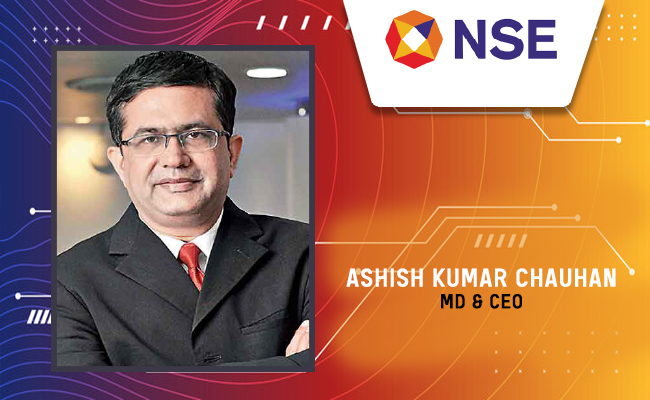
NSE - National Stock Exchange
NSE is the leading stock exchange in India....

DRDO - Defence Research and Development Organisation
DRDO responsible for the development of technology for use by the mili...


Indian Tech Talent Excelling The Tech World - ANJALI SUD, CEO – Tubi
Anjali Sud, the former CEO of Vimeo, now leads Tubi, Fox Corporation�...
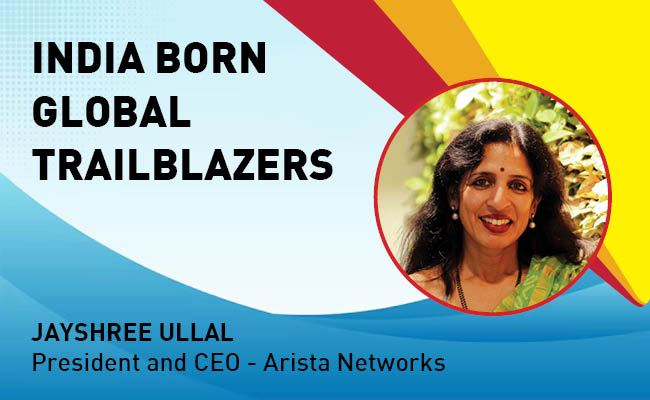
Indian Tech Talent Excelling The Tech World - JAYASHREE ULLAL, President and CEO - Arista Network
Jayshree V. Ullal is a British-American billionaire businesswoman, ser...
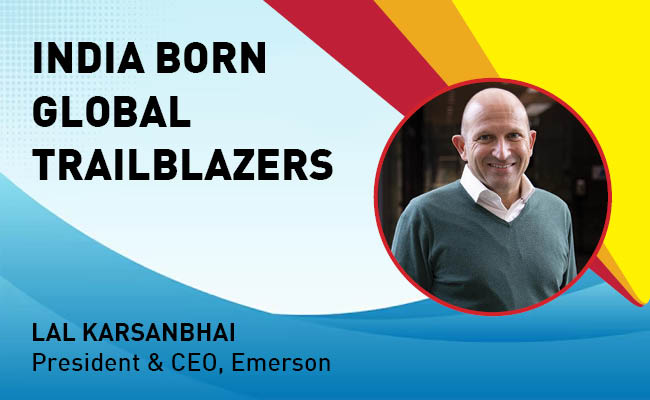
Indian Tech Talent Excelling The Tech World - Lal Karsanbhai, President & CEO, Emerson
Lal Karsanbhai, President and CEO of Emerson, assumed the leadership i...